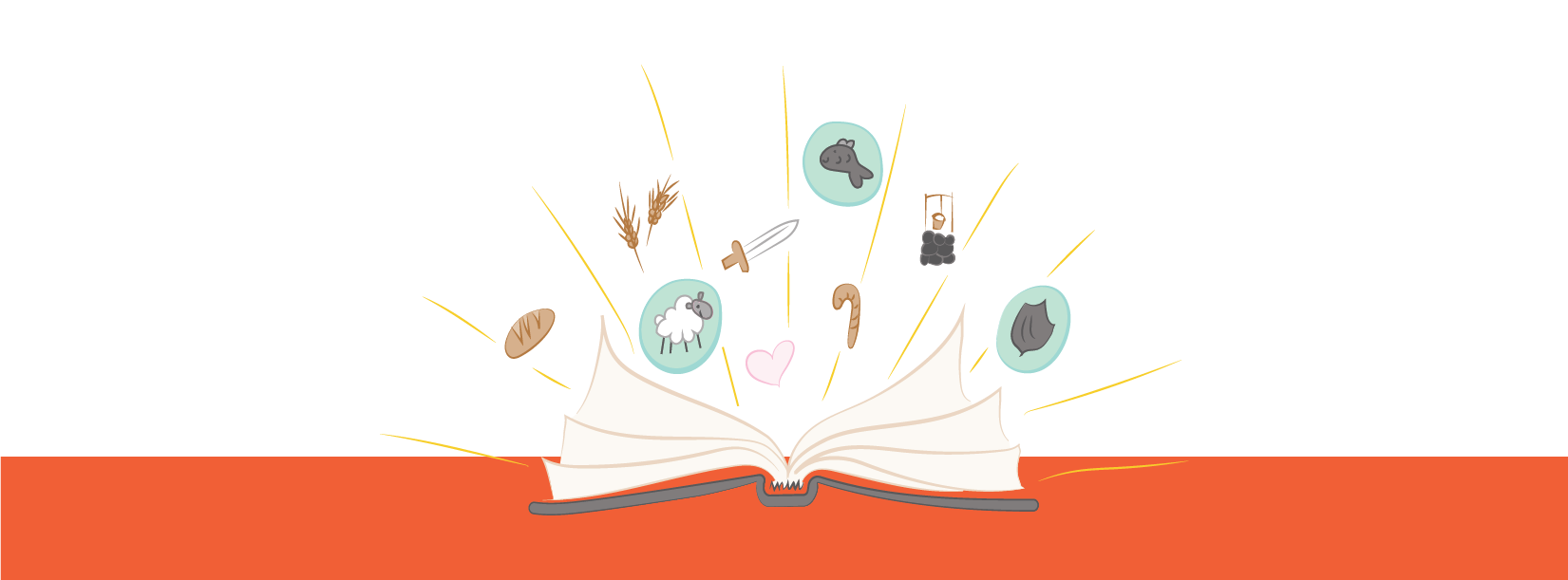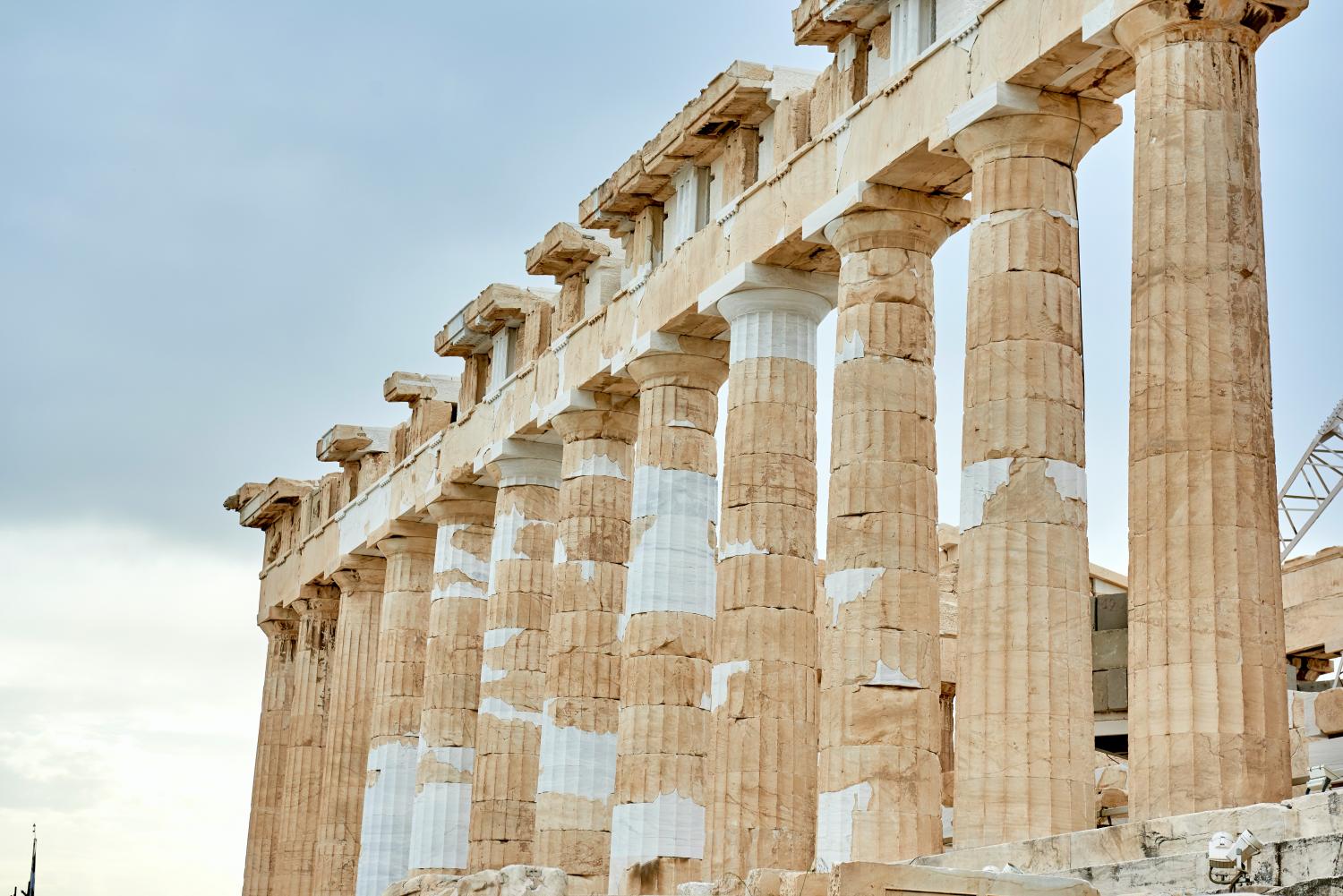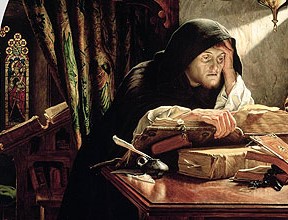Forum Summary: The Time for Passover
Author: Ryan Price | Student, Living Education – Charlotte, 2021-22
Estimated Reading Time: 5 min.
Timing is important to God, and it’s important that we keep His feasts at their appointed times.
However, every Passover season, some question whether God’s Church keeps Passover on the right day. Why does the Church keep Passover at the beginning of the fourteenth of Nisan, while the Jews keep it on the fifteenth? Wouldn’t the Jews know when the proper time for Passover is? For his forum, Mr. Michael Aviles aimed to answer these questions and explain to the Living Education—Charlotte students why this topic is important.
To find the source of this controversy, Mr. Aviles referred to Leviticus 23:5. According to Strong’s Concordance, the word twilight in this verse is translated from the Hebrew root word ereb. Later in verse 32, we find the word evening, which, according to Strong’s, also comes from ereb. It is used to describe the end of the ninth day, before the Day of Atonement begins on the tenth. This would lead one to believe that Passover begins at the end of the fourteenth day. Mr. Aviles explained that the reason for this lies in the fact that in verse 5, twilight is translated from the Hebrew phrase ben ha arbayam, which is commonly translated as “between the two evenings.” This phrase is not found in Strong’s, which Mr. Aviles explained cannot always be relied upon for an accurate translation. This is where the controversy begins, as there are many interpretations as to what period of time this refers to. Some Jewish scholars interpret this phrase to refer to the period between 1:00 PM and sundown. It is during this time that the Jews would have killed the Passover lamb, and then taken the Passover seder at the start of the fifteenth day. However, John 18:28 shows that the Jews kept Passover the day after Christ and His disciples did, which means that this interpretation can’t be correct—surely, if anyone would know the right time for Passover, it would be Jesus Christ!
God is Never Late
So, how can we tell exactly when ben ha arbayam occurs and prove that Passover takes place at the start of the fourteenth day? Mr. Aviles referred back to Leviticus 23:32. Noting how ereb is used in this verse, he explained that “at evening” is translated from another phrase, ba erev. Most Bible scholars and Jewish translators agree that this phrase refers to the time between the sun touching the horizon and disappearing completely at sunset. So, with this frame of reference, we can figure out when ben ha arbayam occurs by finding a passage of scripture that uses both ben ha arbayam and ba erev.
Exodus 16:12-13 is one such passage: “‘I have heard the complaints of the children of Israel. Speak to them, saying, “At twilight you shall eat meat, and in the morning you shall be filled with bread. And you shall know that I am the LORD your God.”’ So it was that quail came up at evening and covered the camp….”
Both ben ha arbayam and ba erev appear in this verse as twilight and evening, respectively. Mr. Aviles noted that if ben ha arbayam occurs between 1:00 PM and sunset, as Jewish scholars profess, this would mean that God was late in delivering the quail. God acts precisely when He says He will, so that couldn’t have been the case—therefore, ben ha arbayam must occur after ba erev. Mr. Aviles then explained that the Church teaches that ben ha arbayam refers to the period between the sun disappearing below the horizon and complete darkness. This period of time, which lasts thirty to sixty minutes, is when Israel was to kill the lamb and take the Passover, and it is when the baptized members of God’s Church engage in the Passover service—the very beginning of the fourteenth day of Nisan.
Jesus Set the Example
But how did the Jews lose this truth? Mr. Aviles explained that this may have occurred during the first Passover of King Hezekiah’s restoration found in 2 Chronicles 30. Due to the unique conditions surrounding this Passover, it was kept at the temple. It is theorized that due to the vast amount of people taking this Passover, the process of sacrificing the lambs may have gone on well into the night and ended that afternoon, thus causing the meal to be taken at the beginning of the fifteenth of Nisan, at sundown. This temple Passover was supposed to be a one-time affair, not a replacement for the domestic Passover, but the Jews continue to keep the temple Passover to this day. The Jewish historian Josephus confirmed this by stating that, during his time, there was both a domestic Passover and a temple Passover sacrifice. Jesus and the Apostles observed the domestic Passover at home, but the Pharisees still had yet to eat their Passover when Jesus was taken into the Praetorium—they were observing the temple Passover, eating it on the fifteenth.
God’s Holy Days occur when they do for a reason. As Mr. Aviles stressed, it’s incredibly important that we understand and can defend this fundamental Church doctrine so that we are not swept away in confusion. It is truly a blessing that God has granted His Church knowledge that so few have, so that we may properly observe the time for Passover!








